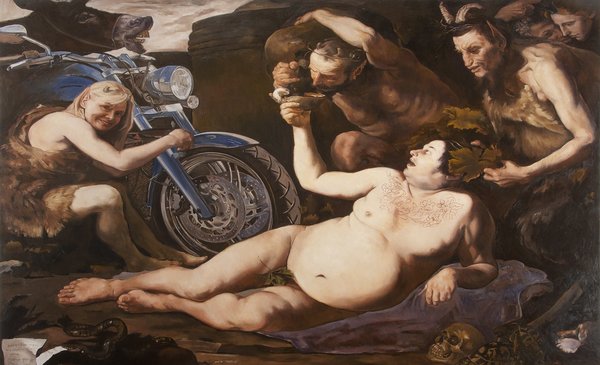
Nearly infinite channels and touchpoints have created unlimited possibilities for brands to interact with their customers. With so much opportunity, it’s hard to imagine the effectiveness of advertising is in decline. Yet it is. Of course, it is not wrong to say consumers have lower attention spans or they are deluged with messages they ignore, but that is only a partial answer. The fault also lies with brands.
Consider the lineage of modern advertising. To one side are the brand builders whose iconic campaigns are etched in memory. Brilliant strategies paired with brilliant creative that audiences embraced, related to, and loved. These brands were the leaders. But on the other side are the direct response pioneers. These lines of business depended on more targeted and measurable interactions with consumers and different strategies evolved to create and drive actions.
Digital advertising has much more direct response in its DNA than brand building. And it is beginning to hurt brands. New advancements in advertising and marketing technologies are offering more opportunities to target consumers and respond faster. This increase in speed can often lead brands to produce an explosion of tactics which easily stray from the brand’s strategy, under the rationalization that the brand is practicing ‘agile’, ‘quick to fail’ or ‘test and learn’ plans.
At this week’s ISBA conference, Richard Huntington, chairman of Saatchi & Saatchi, said, “The people who build ad tech think direct response is the only thing you’d ever want to do as an advertiser or brand owner.” Further, direct response makes it easy to satisfy a fanatical obsession with the immediate ability to demonstrate tactical-level ROI it has put pressure on marketers to pursue short-term impact over the ‘big idea’.
At last year’s Cannes, the IPA released a report called Selling Creativity Short. The IPA compared levels of effectiveness of creatively awarded campaigns with those of non-awarded ones. Before 2010, they saw creatively awarded campaigns drove 12 times more market share growth per year than non-awarded ones. But between 2006 and 2014, the number of campaigns in the IPA Databank with a short-term goal grew from 7% to 33%. And the number of creatively awarded short-term campaigns surged to 45%, with judges apparently rewarding short-termism. This is despite short-term creatively awarded campaigns being less effective as their crucial fame effects take time to build and exploit.
In fact, two years ago, BBH co-founder Sir John Hagerty said, “Advertising seems to be pursuing a strategy of making a product worse to be more effective, which I find very confusing. I’m not sure what business book people in advertising have read that says we should make the worst product and therefore we’ll be successful. I think the industry has lost faith in TV. I think it has lost faith in the big, bold idea. I think it has lost its courage and I’m deeply upset by that.”
Ultimately, if advertising is less effective because it is less creative, then advertisers will no longer be able to attract top creative talent, and the creative will continue to weaken. (There’s a great podcast from Bob Hoffman around this idea.). Here are some tips for brands:
1. Fall in love with ‘a big idea’ again – Get back to basics and make sure everyone is on board with what the brand idea is. Be sure not to confuse your big idea with a tactic.
2. Be experimental – Once you know your big idea, give yourself permission to play with many ways that idea can come to life. Think big, and ask yourself “why not?”
3. Analog is cool too – Beating the algorithms just to land in a social media echo chamber may get you lots of clicks, but what have they done for the brand. Better yet, think how on and offline can play together to create a seamless experience.
4. Less business, more art – As Geoff Colon believes, MFAs might be better marketers than MBAs. It’s not enough to understand the research and the strategy. Disruptive marketers need to know how to bring strategy to life, and do it in a way that inspires and excites.
Build A More Valuable Future For Your Brand At The Un-Conference – Marketing’s Only Problem Solving Event.
The Blake Project Can Help: The Brand Positioning Workshop
Branding Strategy Insider is a service of The Blake Project: A strategic brand consultancy specializing in Brand Research, Brand Strategy, Brand Licensing and Brand Education
FREE Publications And Resources For Marketers











